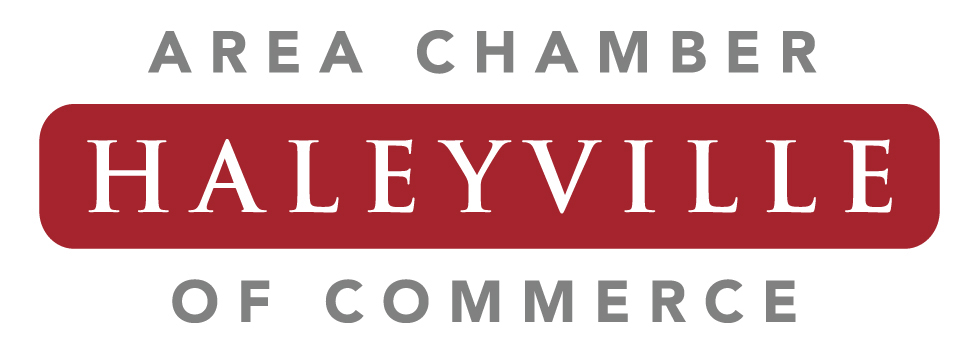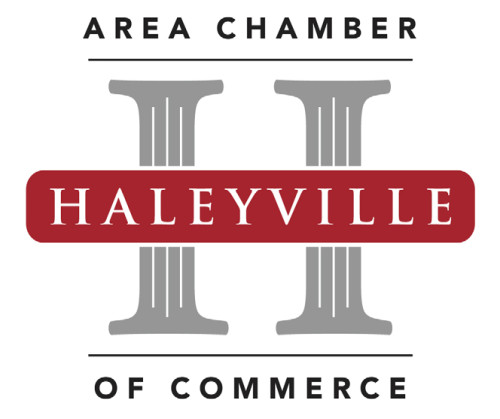[su_youtube url=”https://www.youtube.com/embed/j4virXxwDoY?rel=0″ width=”800″ height=”auto”]
On Feb. 16, 1968, Alabama Speaker of the House Rankin Fite stood in the Haleyville mayor’s office, dialed
three numbers on a bright red rotary phone and made history for the small northwestern Alabama town.
The numbers he dialed that day were 9-1- 1, marking the first use of the nation’s new emergency-response
phone system that is now called more than 200 million times each year. Haleyville is so proud of this
achievement that the city celebrates the historic moment with an annual 9-1- 1 Festival.
Nearly a half-century later, Haleyville continues to answer the call when it comes to meeting the needs of its
residents, especially in the years since the city graduated from the Alabama Communities of Excellence (ACE)
pilot program in 2005. Under the guidance of the ACE program, communities assess their local resources and
devise ways to strengthen their long-term economic prospects through leadership development and strategic
planning.
“ACE gives you the structure of how to work on these things, then it goes through the steps of how to
accomplish them,” said Haleyville Mayor Ken Sunseri, who was elected in 2008 and is serving his third term.
“It gives you a snapshot of where you are and where you want to be, and the availability of the assets you can
tap into. Things that small communities might not be familiar with.”
Under the guidance of ACE, Haleyville has established adult and youth leadership programs, and brought in
about $9.3 million in grants that have been used for a wide variety of economic-development and community-
enhancement projects.
“We took their vision and made it into our reality,” said Sunseri, a long-time Haleyville business owner who
was the city’s ACE coordinator before being elected mayor. “It takes a little work, but you’ll be able to
accomplish things you never thought you’d be able to do.”
Cool & Connected
One of Haleyville’s most recent accomplishments is being among the 10 cities accepted into this year’s Cool &
Connected program, which helps small towns improve their broadband capability and use it to promote
economic development. Officials are receiving planning assistance from several federal partners along with the nonprofit organization Smart Growth America.
“Transportation isolation can be a big challenge in a rural community. And one of the best ways to overcome
that is investment in communications technology,” said Nathan Willingham, director of Planning &
Transportation for the Northwest Alabama Council of Local Governments.
The Cool & Connected program helps cities create contacts with a series of organizations that can assist in
solving issues involving broadband connectivity. It basically gives Haleyville the initial boost to work with the
correct agencies and develop a long-range plan.
“Cool & Connected will provide Haleyville with an assessment of their existing conditions, resource space and
challenges, and then offer strategies that can help them overcome some of those gaps,” said Willingham, who
helped write the city’s Cool & Connected grant proposal. “It will provide ways for Haleyville to have better,
faster, less expensive broadband service to more people.”
Also this year, the city opened the new Haleyville Sports Complex. The multimillion-dollar facility includes
four baseball/softball fields, two soccer fields, batting cages, a walking trail, a playground and a 300-space
parking lot, with long-range plans to add an amphitheater to the 51-acre site.
.
Not only does the sports complex enhance quality of life for Haleyville’s residents, but city leaders look at it as
an economic investment. The city plans to hold multiday youth tournaments on the fields, which will bring in
visitors and possibly entice a national hotel chain to build in Haleyville.
“With these tournaments, we’re going to have a lot of teams coming into Haleyville. At a minimum, they will
buy gas and food while they’re here,” said Will Walker, president of Traders & Farmers Bank and of the
Haleyville Area Chamber of Commerce. “We’re also hoping that it will kick-start the possibility of getting a
national hotel chain when they see that we’re bringing this many folks into the community. There’s just so
much positive spill-off from getting a national chain hotel. It creates jobs and lodging-tax revenue.”
Creative Teamwork
Haleyville has been creative in using grants and other sources of outside funding to help pay for several recent
projects. For example, instead of attempting a costly renovation of the aging City Hall building, officials instead
sold the facility to CVS Pharmacy and used the money toward building a new City Hall, fire station and water
board facility. The City Hall complex includes a tornado shelter that can hold up to 400 people, a potential life-
saving addition that Sunseri said he is “more proud of than anything else we’ve done.”
That is quite a statement considering all that Haleyville has done in recent years, such as working with the
Alabama Department of Economic and Community Affairs (ADECA) to help the Kith Furniture manufacturer
obtain a $2 million loan (which the company has already paid back) to expand its operations. This enabled Kith
to increase its number of employees from 180 to more than 600.
Other accomplishments including using grants to help solve a serious flooding problem on Alabama Highway
13 as it cuts through town; make water, sewer and paving improvements in two residential subdivisions; and
build enclosed hangars at the Haleyville airport.
In addition to developing partnerships with outside entities, Haleyville officials have stressed the importance of having various groups within the city work together as well. An example is a community health assessment that Lakeland Community Hospital conducted in 2016 with assistance from the mayor and several business leaders.
“They helped us identify the biggest health needs in our area,” Lakeland CEO Debbie Pace said. “As an organization, the hospital is always looking to the community for guidance and direction. Because having a healthy community supports economic development. “We all work together as a team in Haleyville. That’s evident in how we carry out our business every day. Our community is engaged in the future growth and retention of services, businesses and talent to the area. It’s just a team effort.”
Part of that effort is taking place through adult and junior leadership programs. Haleyville was the first ACE
community to add a junior program, which includes a three-day course (funded with an Appalachian Regional
Commission grant) in which students identify problems and work together to come up with solutions. This gives students an idea of what is involved in community development.
“These leadership programs have been really good for the city,” Haleyville ACE coordinator Melinda Weaver
said. “We had 20 people in our most recent adult leadership program. It’s great to pull these folks together and see how interested they are in our city and learning more about how they can be a part of making decisions and volunteering. “Things like that are a direct result of our partnership with ACE. It makes a difference when folks learn more about what can be done and all the avenues that are out there. Our citizen involvement is great,” she said. “We are developing a group of dedicated leaders who are willing to volunteer their time to help make the city grow.”
By Cary Estes for Alabama Newscenter


